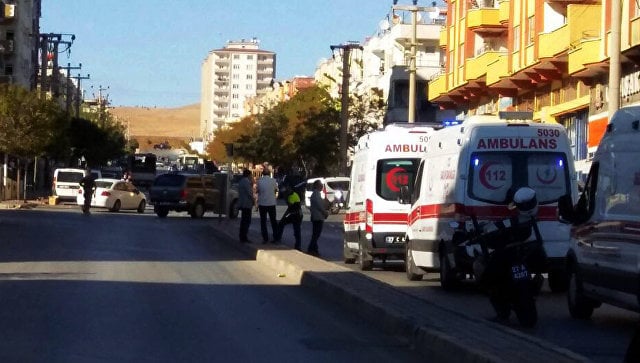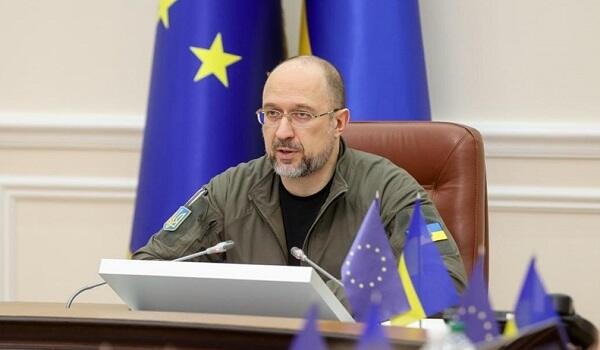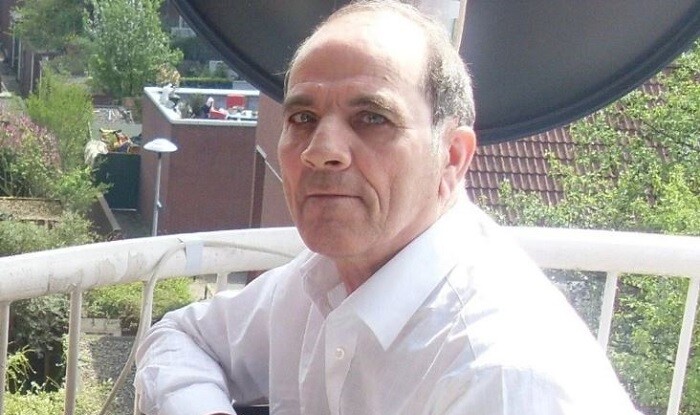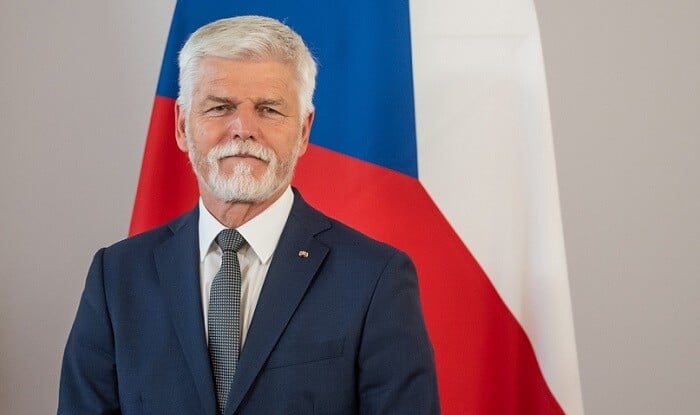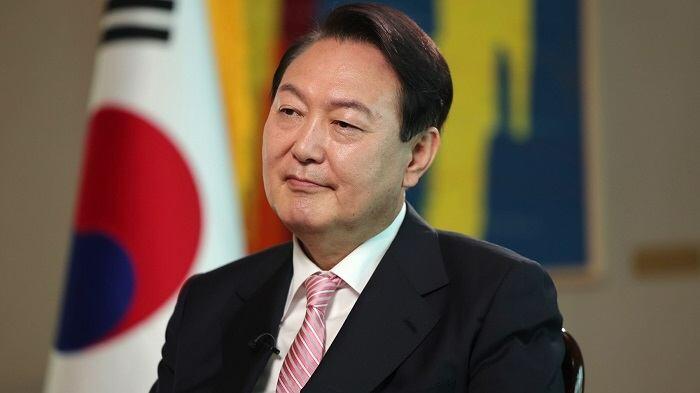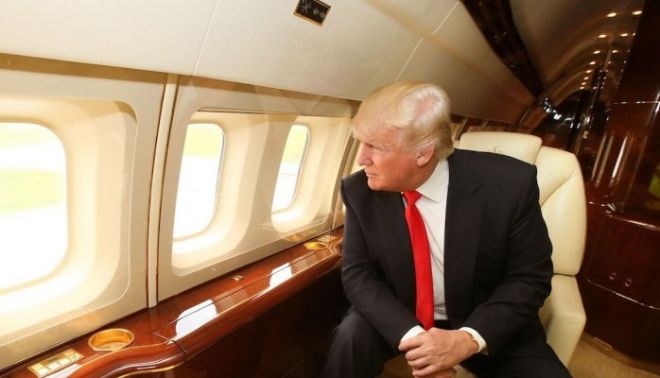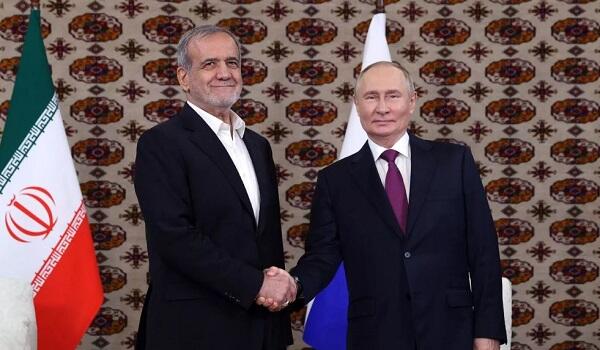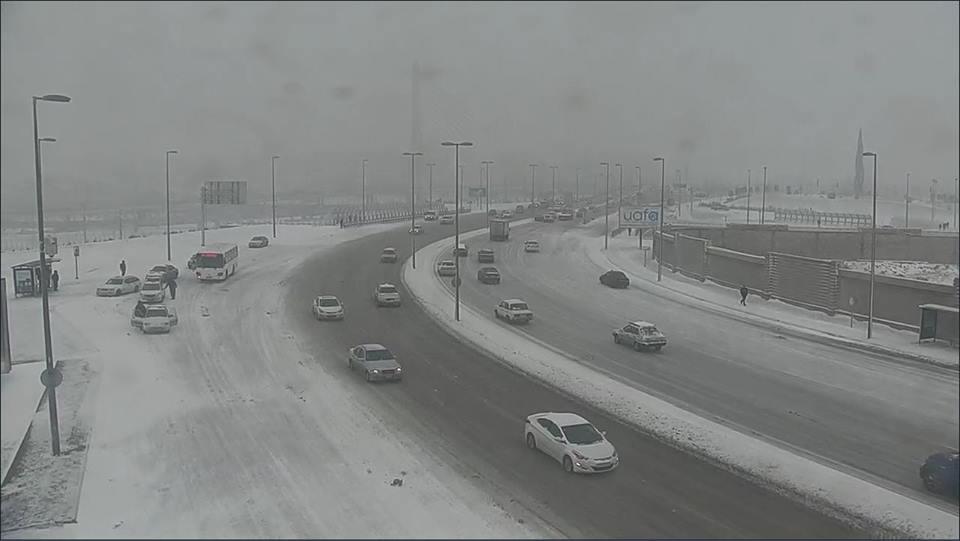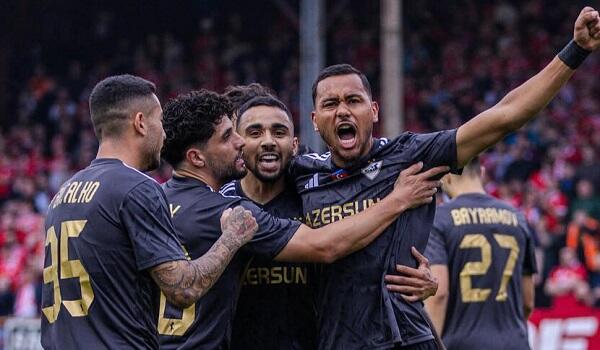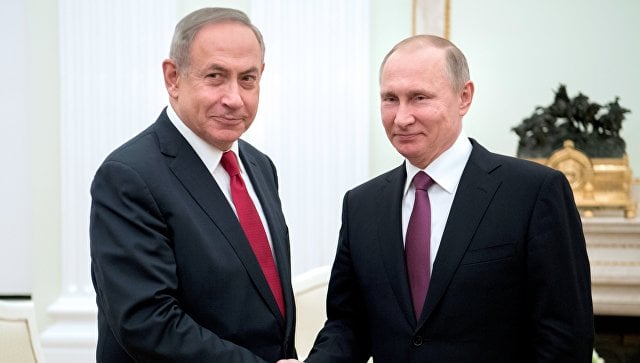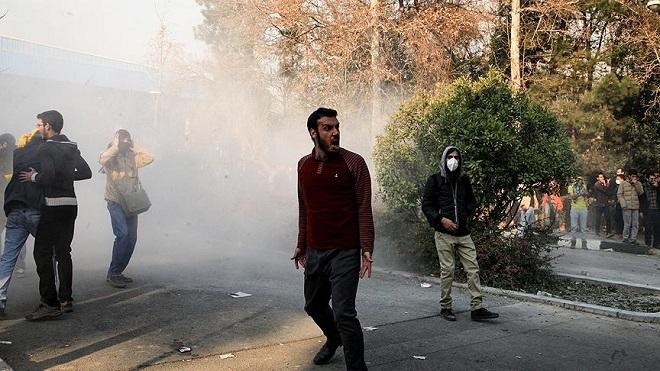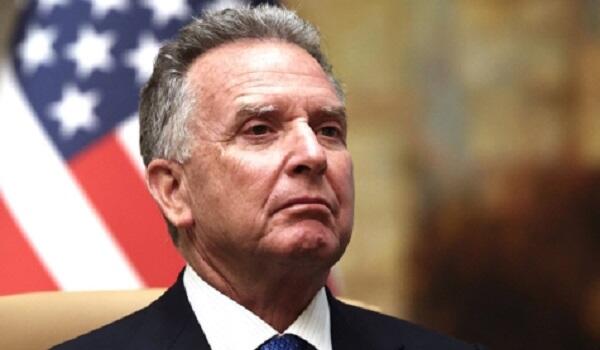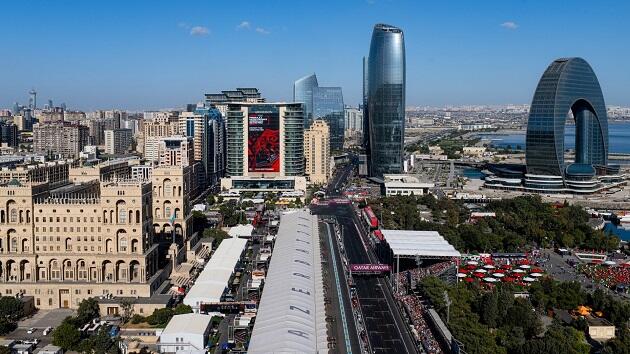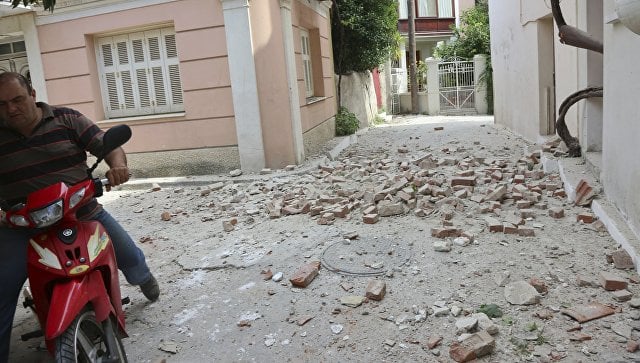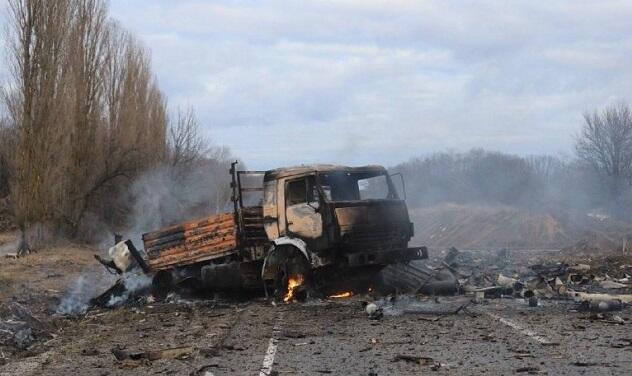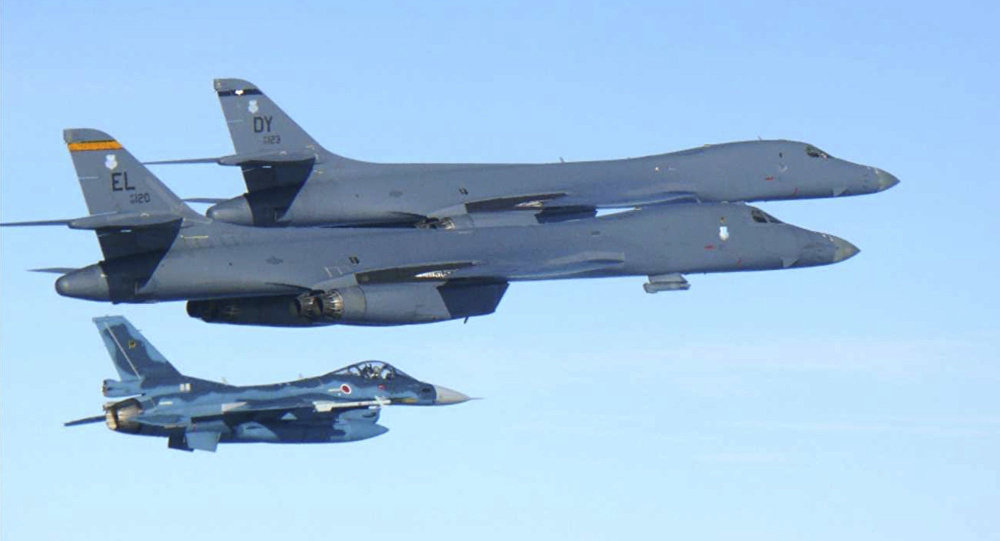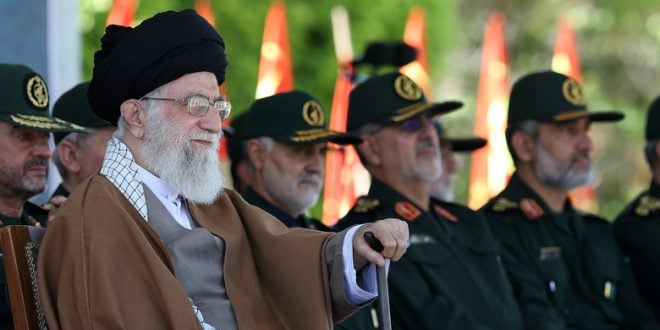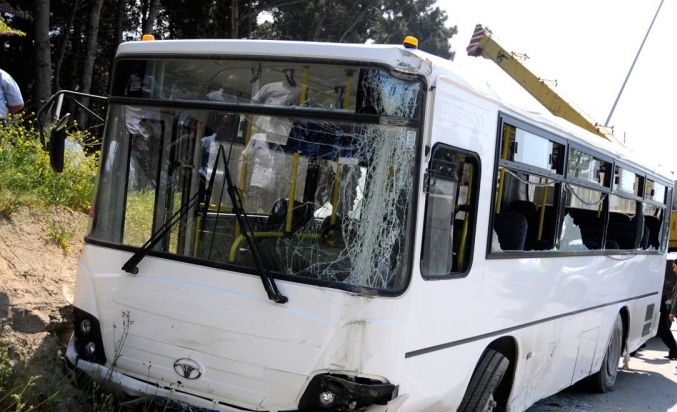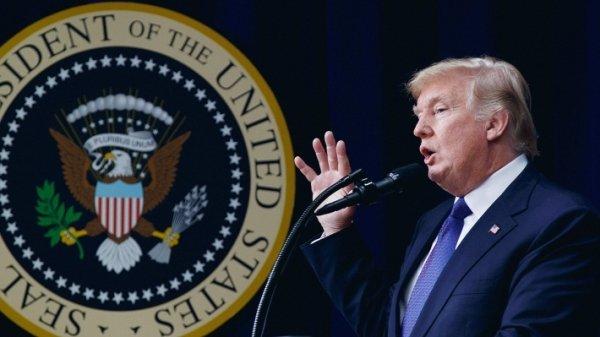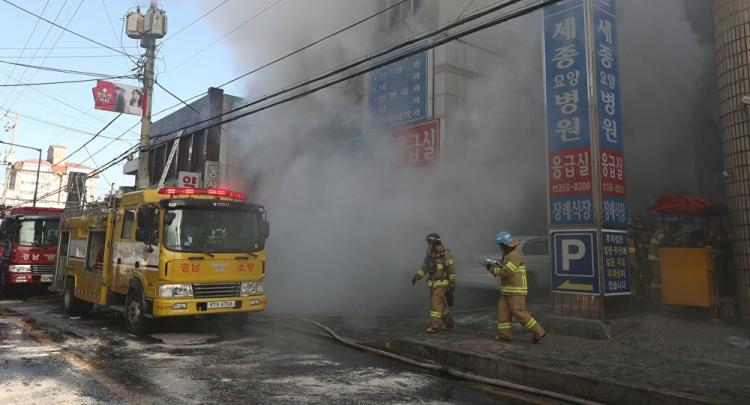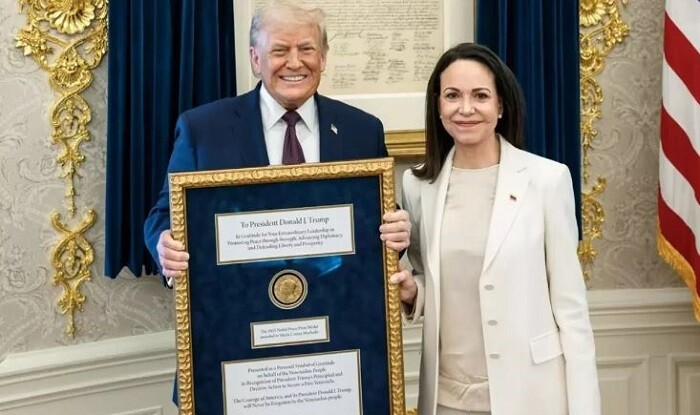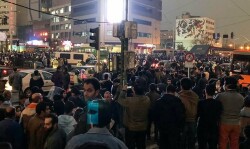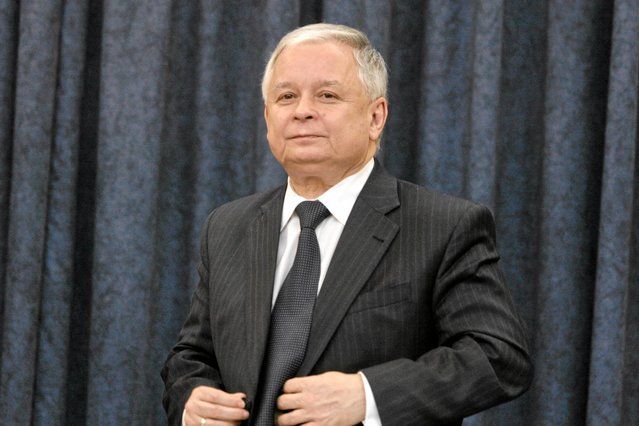Poland exhumed the corpse of its late president Lech
Kaczynski on Monday, six years after he died in a plane crash in
Russia that has spawned a litany of conspiracy theories and riven
Polish society.
Investigators have opened the sarcophagus of Kaczynski and his
wife as part of a new inquiry into the April 2010 crash in Smolensk
that killed all 96 people on board, amid allegations by Poland’s
government that their deaths were no accident.
Head of Poland’s ruling Law and Justice party Jaroslaw
Kaczynski, twin brother of the late president, has long claimed
that foul play was to blame for the crash, Poland’s worst national
tragedy since the second world war. Claims that the Russian state
or his liberal opposition were complicit has become an integral
part of the party’s political message to nationalist voters.
"Poland will not be truly free without the truth … without
closing the Smolensk case," Mr Kaczynski said last week. "This has
cast a long shadow on the life of our nation, our society."
After waiting until the last public visitors had left the crypt
on Krakow’s Wawel Hill where Kaczynski and his wife lie in state,
investigators on Monday evening opened the coffins containing the
former first couple ahead of four days of tests on their corpses.
Proponents of the exhumations, which will involve almost all those
killed in the crash, say the initial postmortem examinations
provided insufficient detail.
The crash, which took place in heavy fog on the forested
approach to the runway in Smolensk, is a lightning rod for
political conspiracy theories in Poland, where sensitivity over
foreign — and particularly Russian — influence on public life is
high.
Russia has so far refused to return the plane wreckage to
Poland, stoking claims that the tragedy was an orchestrated attack.
That the passengers, who included Poland’s central bank and
National Security Bureau heads and its military chiefs of staff,
were on the way to attend a memorial in Katyn where more than
21,000 Poles were murdered by Soviet soldiers during the second
world war has only added to the conspiracy theories.
Official investigations by the Russian and Polish authorities
both found that pilot error had caused the crash, while the Polish
probe also suggested mistakes were made by Russian air traffic
controllers.
Recent polls estimate just over a quarter of Poles believe the
crash was not an accident. Yet soon after it came to power in
November, Law and Justice announced a fresh investigation involving
international experts and led by defence minister Antoni
Macierewicz, who has long claimed that the plane disintegrated in
mid-air before it hit the ground, possibly after an on-board
explosion.
Mr Kaczynski has alleged that his longstanding political
adversary Donald Tusk, Poland’s prime minister at the time of the
crash and current president of the European Council, bears
responsibility for the crash or a subsequent whitewash.


